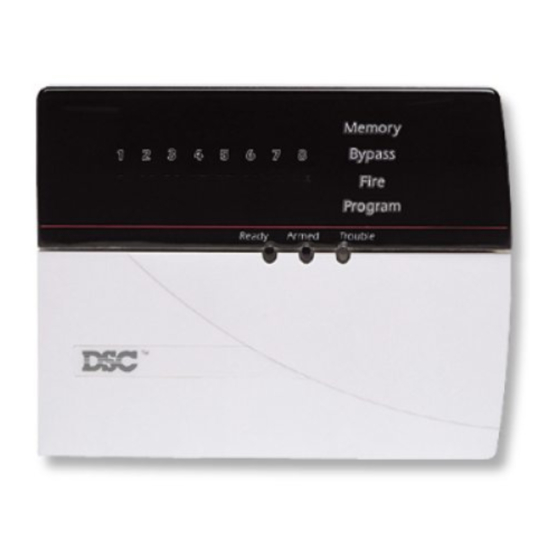Fire Escape Planning
There is often very little time b etwe en the d ete ction of a fire and the time it b e comes d e a dly. It is thus
very important that a family esc a p e plan b e d evelop e d and rehe arse d.
1. Every family memb er should p articip ate in d eveloping the esc a p e plan.
2. Study the possible esc a p e routes from e a ch loc ation within the house. Sinc e many fires oc cur at
night, sp e cial attention should b e given to the esc a p e routes from sle e ping quarters.
3. Esc a p e from a b e droom must b e possible without op ening the interior door.
C onsid er the following when making your esc a p e plans:
• Make sure that all p erimeter doors and windows are e asily op ene d. Ensure that they are not
p ainte d shut, and that their locking me chanisms op erate smoothly.
• If op ening or using the exit is too difficult for children, the eld erly or handic a p p e d, plans for
rescue should b e d evelop e d. This includ es making sure that those who are to p erform the rescue
c an promptly he ar the fire warning signal.
• If the exit is a bove the ground level, an a p prove d fire la d d er or rop e should b e provid e d as well
as training in its use.
• Exits on the ground level should b e ke pt cle ar. B e sure to remove snow from exterior p atio doors
in winter; outdoor furniture or e quipment should not block exits.
• E a ch p erson should know of a pre d etermine d assembly point where everyone c an b e a c counte d
for i.e.: a cross the stre et or at a neighbour's house. O nc e everyone is out of the building, c all the
Fire D e p artment.
• A good plan emphasiz es quick esc a p e. Do not investig ate or attempt to fight the fire, and do not
g ather b elongings or p ets as this wastes valua ble time. O nc e outsid e, do not re-enter the house.
Wait for the fire d e p artment.
• Write the fire esc a p e plan down and rehe arse it fre quently so that should an emerg ency arise,
everyone will know what to do. Revise the plan as conditions chang e, such as the numb er of
p eople in the home, or if there are chang es to the building's construction.
• Make sure your fire warning system is op erational by conducting we ekly tests (se e "Fire Alarm
O p eration" on p a g e 14). If you are unsure a bout system op eration, conta ct your installing d e aler.
• We re commend that you conta ct your loc al fire d e p artment and re quest further information on fire
safety and esc a p e planning. If availa ble, have your loc al fire prevention offic er conduct an in-
house fire safety insp e ction.
Maintenance
With normal use, the system re quires minimum maintenanc e. The following points should b e observe d.
1. Do not wash the se curity station with a wet cloth. Light dusting with a slightly moistene d cloth should
remove normal a c cumulations of dust.
2. The b attery/ b ell test is d esigne d to d etermine b attery condition. We re commend e d, however, that
the stand-by b atteries b e re pla c e d every thre e ye ars.
3. For other system d evic es such as smoke d ete ctors, p assive infrare d, ultrasonic or microwave motion
d ete ctors or glassbre ak d ete ctors, consult the resp e ctive manufa cturer's literature for testing and
maintenanc e.
16

